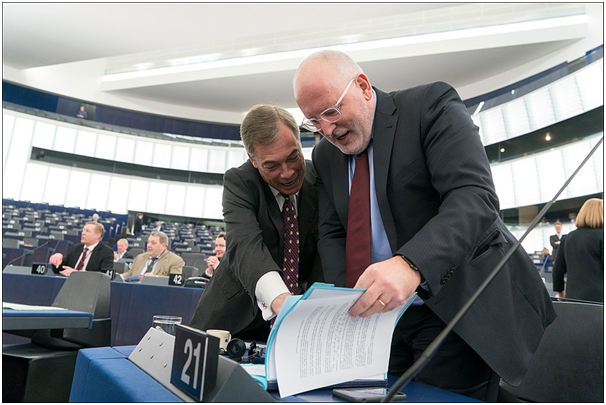
What will happen after Brexit day?
Amidst all the talk of Big Ben’s bongs, the reality of Brexit day will soon be upon us. At the stroke of 11pm on 31 January, the United Kingdom is set to leave the European Union. Boris Johnson’s resounding general election victory, which provided him with a majority of 80 MPs and enabled him to do what Theresa May never achieved, saw him win the vote on the Withdrawal Agreement Bill.

What happens now?
As we pass the moment when the UK has left the EU, no immediate changes will take place. Many agreements between the EU and the UK will remain the same as we enter a transition period, which is set to last until the end of 2020.

In short, all travel plans and other relationships and agreements with the EU will carry on as normal. There will be no requirement for British travellers to obtain a visa to visit EU countries; however, following the transition period, those wishing to visit EU states will need to obtain an ETIAS visa waiver. These are expected to cost in the region of £6 and to last for several years.
Transitioning nicely
This transition period is intended to provide the UK with time to negotiate trade deals with the EU and other countries. In maintaining the status quo, the supply of goods, such as silicone sealant remover, should continue as normal. If you are looking remove some sealant, products are available from companies such as https://www.ct1.com/product-applications/how-to-remove-silicone-sealant/ to make the job easier.
Check your passport
It is advised that following Brexit day, you should have at least six months’ validity on your passport from when you intend to travel.
It has been confirmed that UK driving licence holders will not need any additional permits or licences to continue to be able to drive in EU member states.
Also, it is intended by the UK government that the EHIC cards will be kept to enable UK citizens access to emergency medical treatment when visiting EU states.
What about savings and investments?
Relationships with EU-based financial businesses should not change until after the transition period. It is expected by many that interest rates may even improve for savers following a Conservative budget in February.
When we look at what will change after Brexit day, the answer is a little bland: not much!
